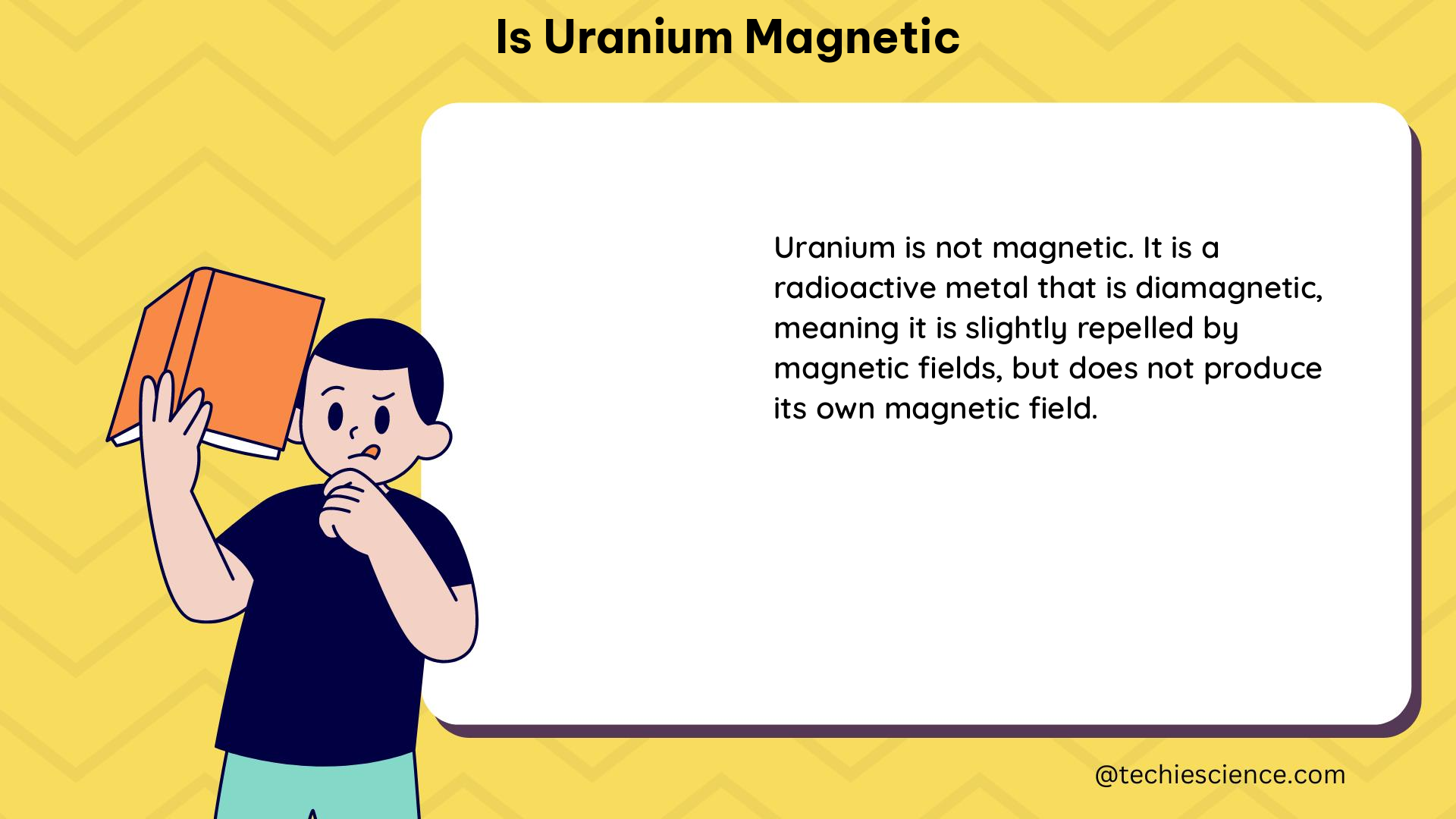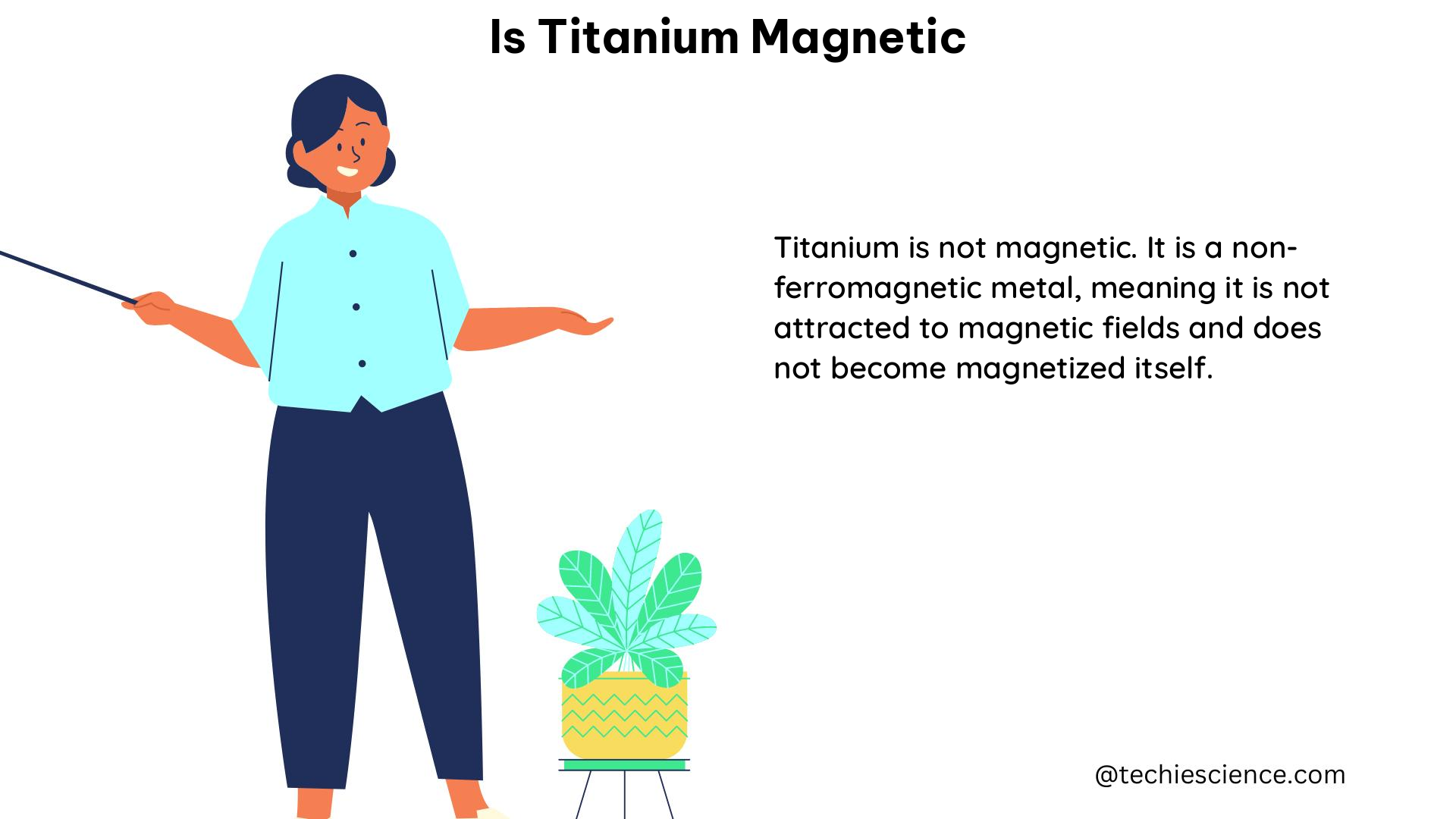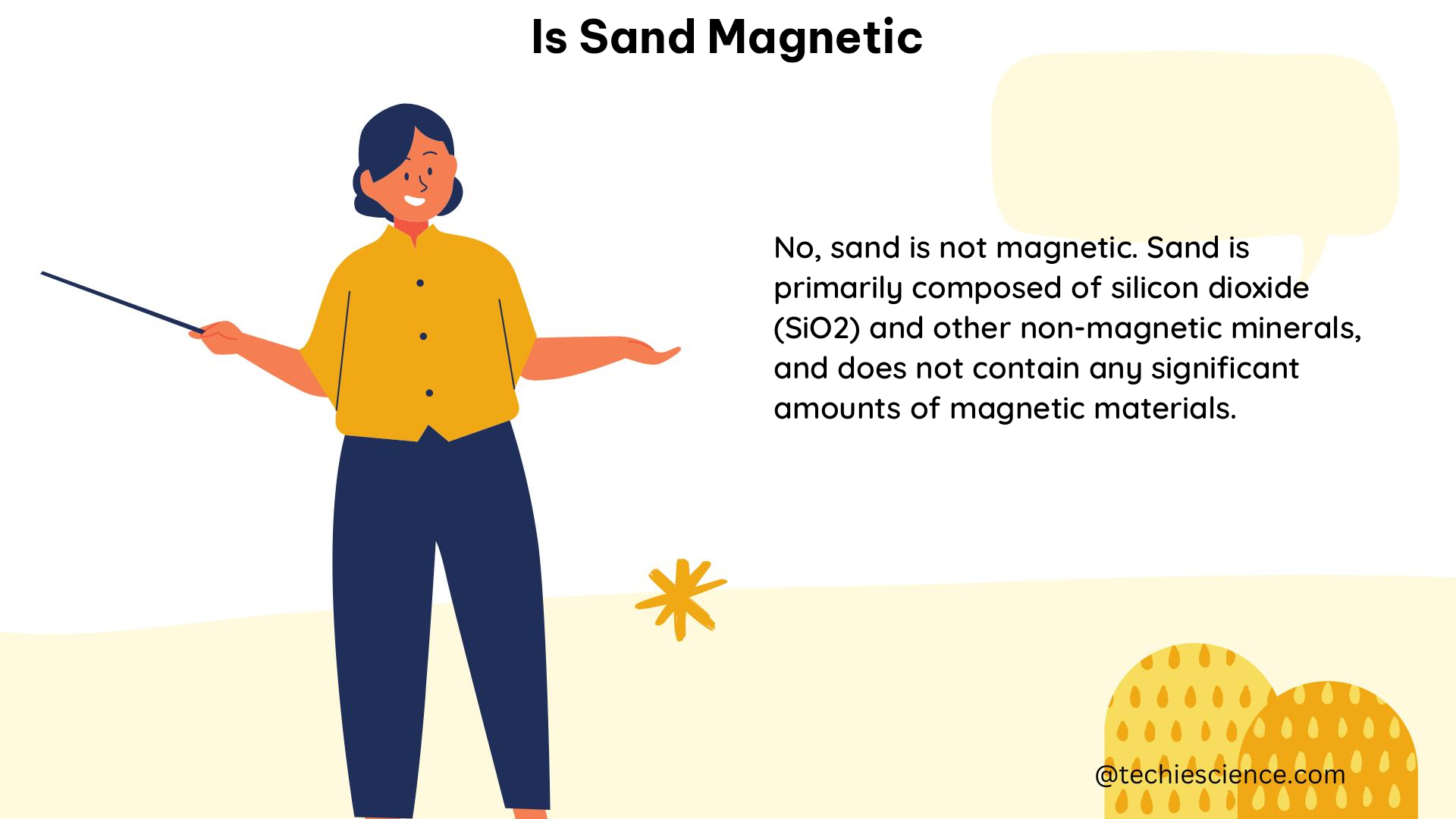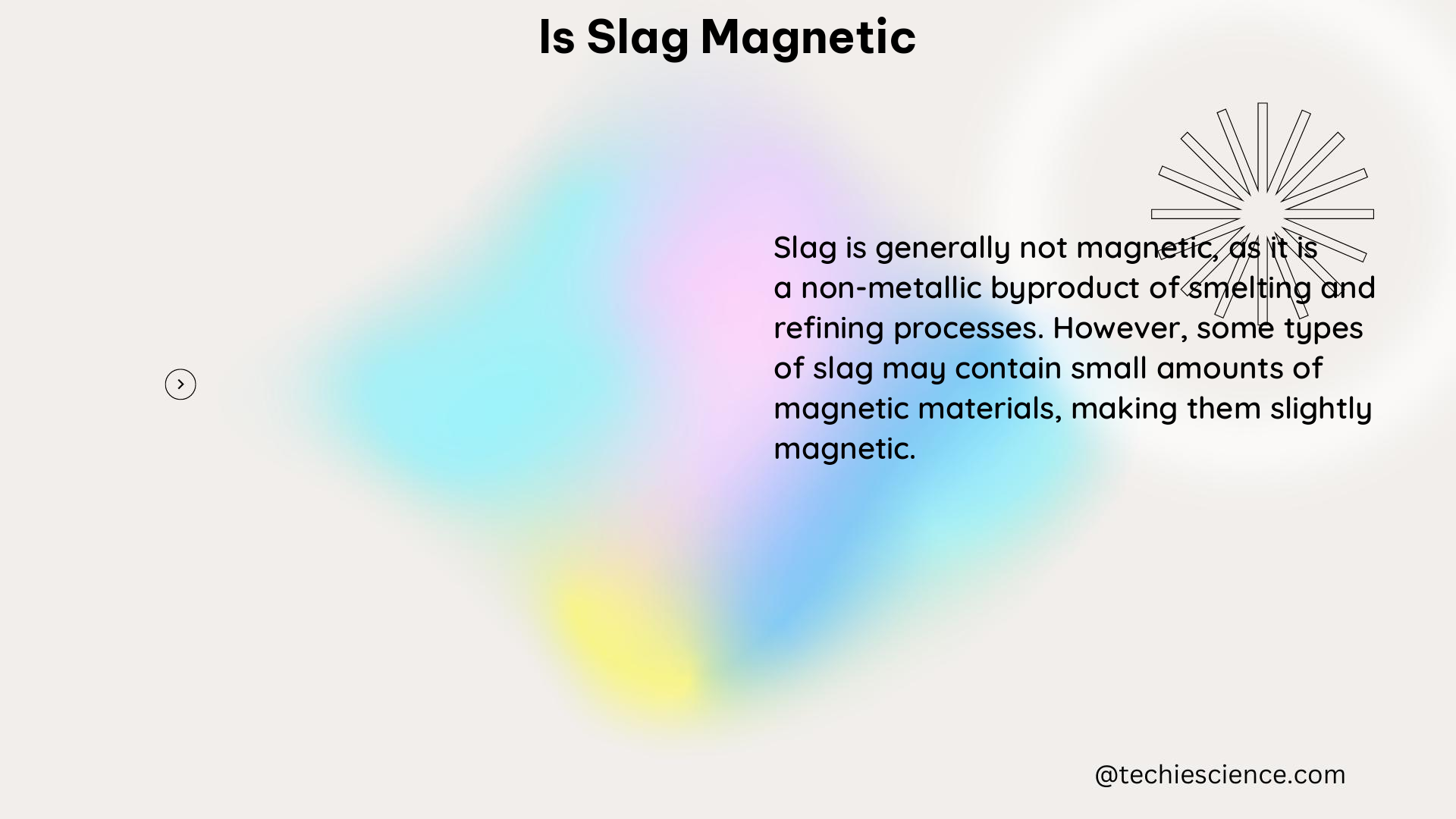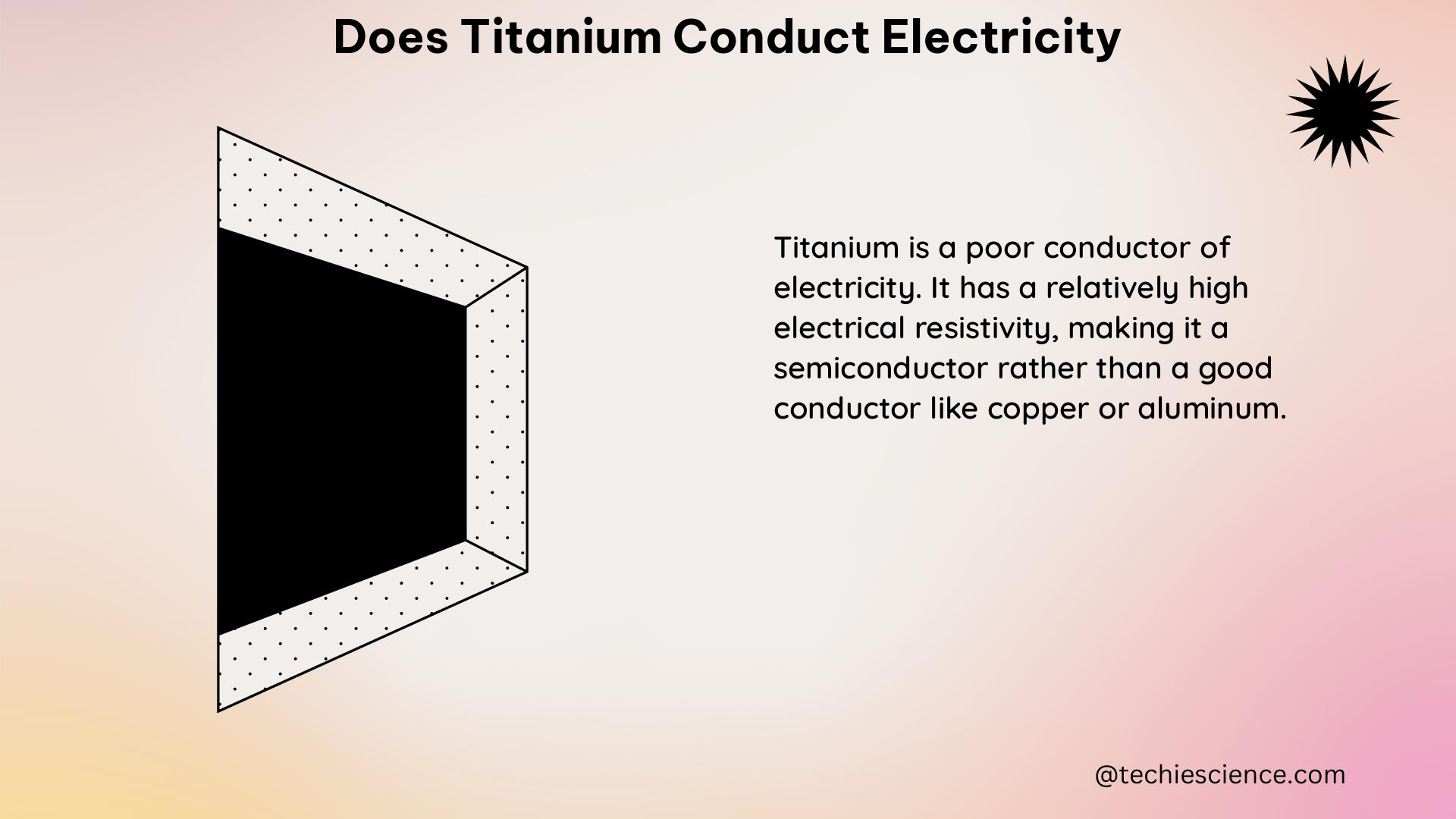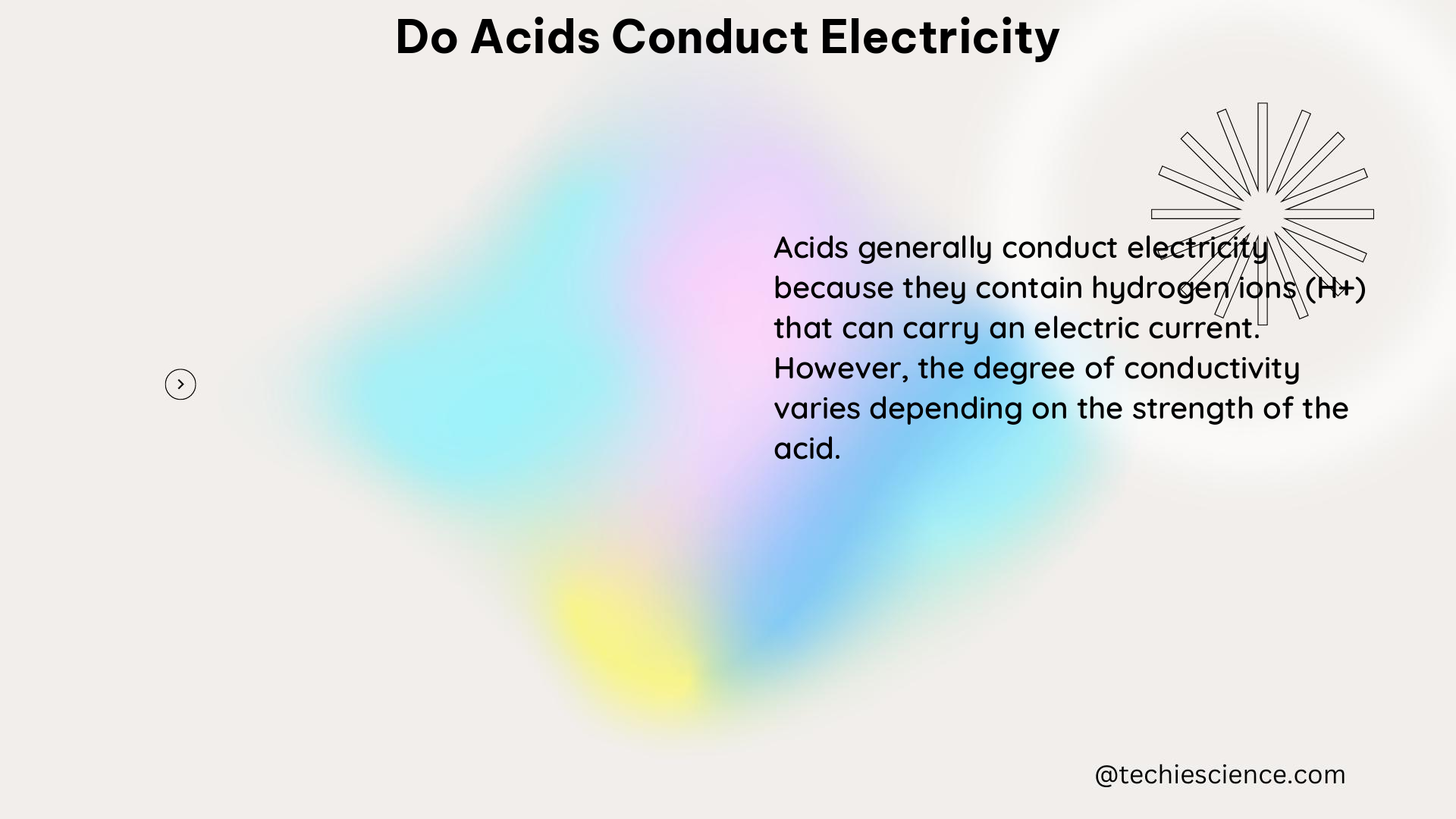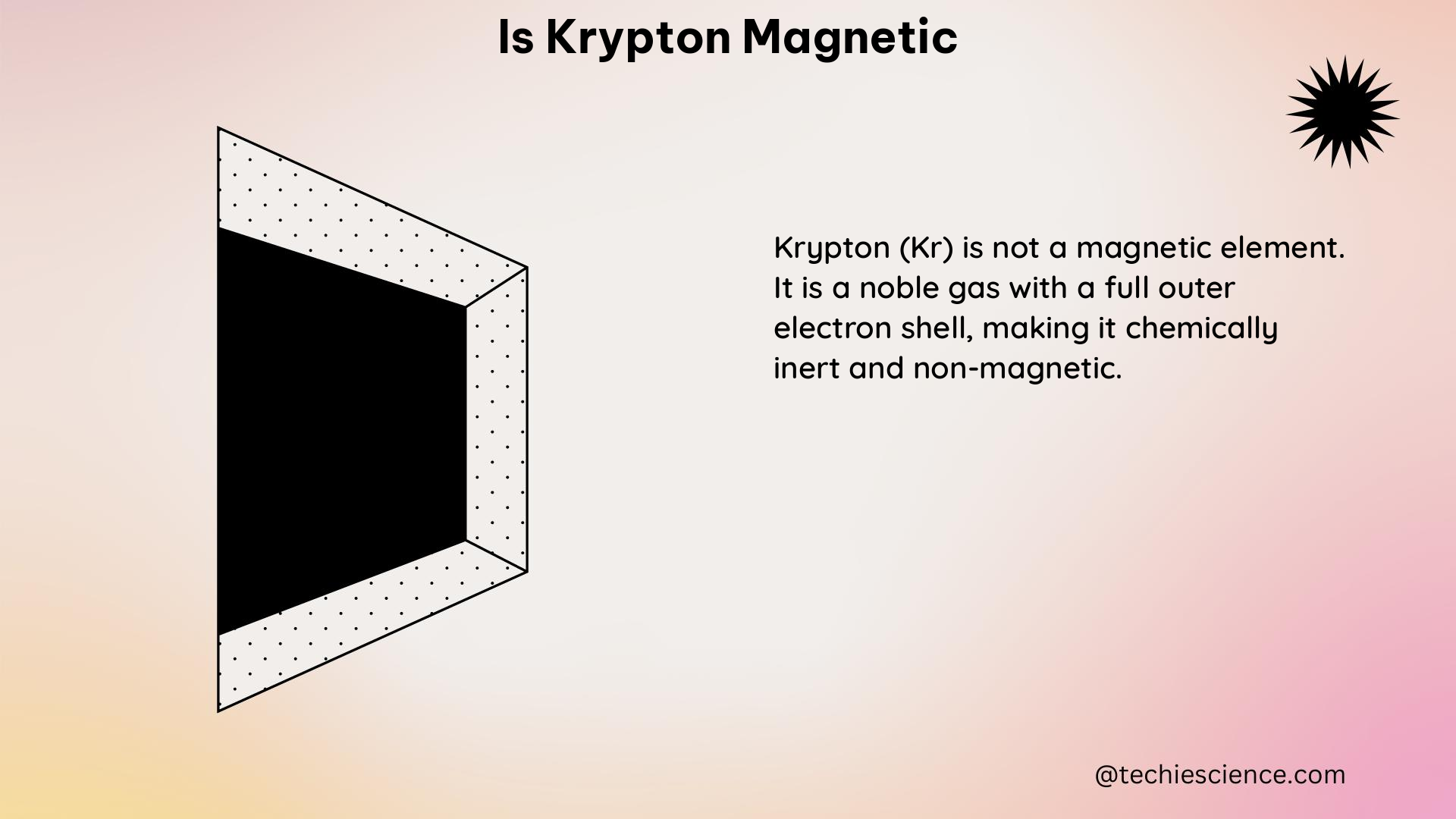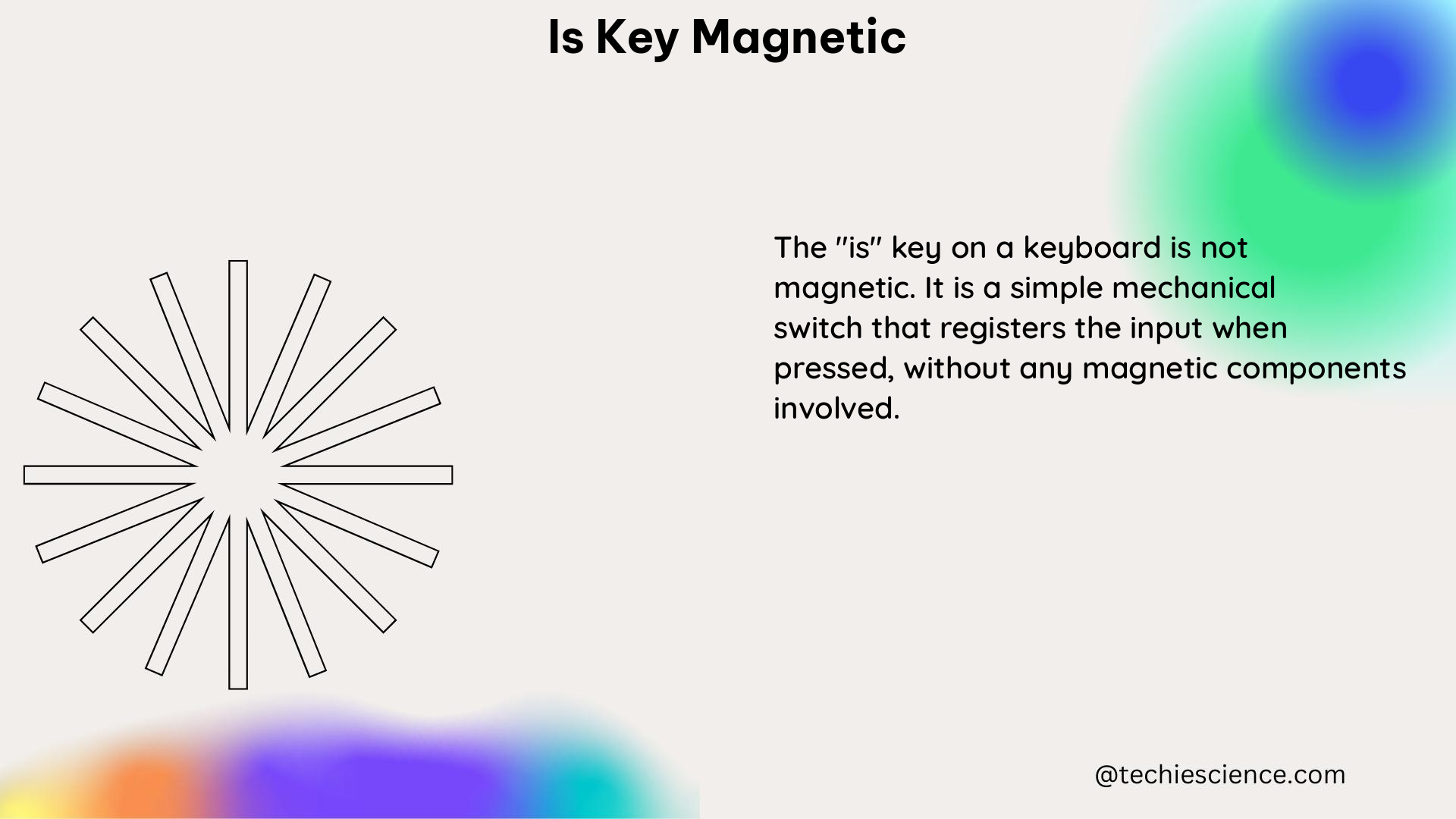The Interplay of Air Resistance and Gravity: A Comprehensive Guide
Air resistance and gravity are two fundamental forces that govern the motion of objects in our physical world. Understanding the intricate relationship between these forces is crucial for accurately predicting and analyzing the behavior of objects in various scenarios, from everyday experiences to complex scientific applications. The Basics of Air Resistance and Gravity Air resistance, … Read more

